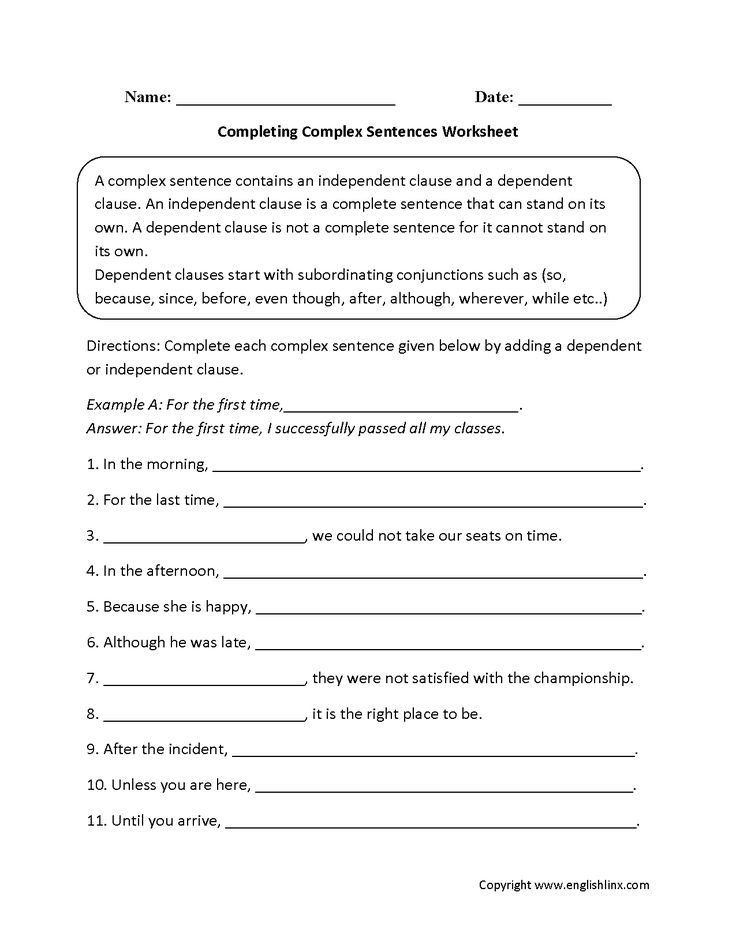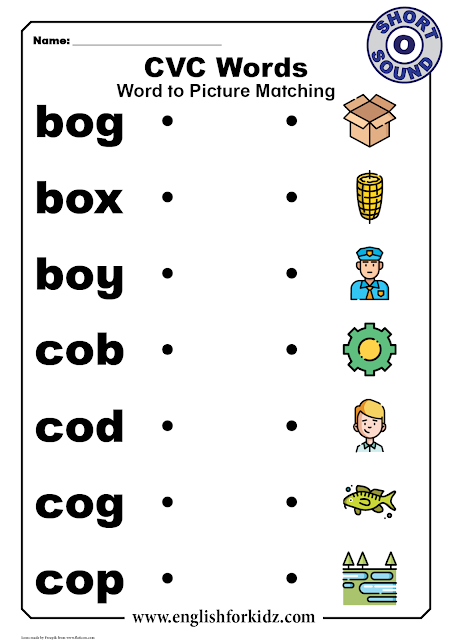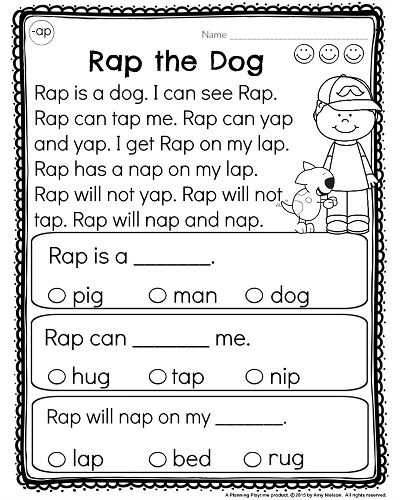Sentence for that
English Sentences with Audio Using the Word "That"
English Sentences with Audio Using the Word "That"- Is that it?
- What's that?
- Is that true?
- That is mine.
- That's right!
- What is that?
- I've seen that.
- That's my line!
- That's strange.
- That's the way.
- That's too bad.
- Follow that car.
- I want that bag.
- Let me see that.
- That car is his.
- That is a table.
- That is his car.
- That isn't fair.
- That won't work!
- That's not fair.
- That's terrible.
- Who is that boy?
- Who is that man?
- Who's that girl?
- That car is hers.
- That is a pencil.
- That's his house.
- That's our house.
- I don't know that.
- That boy is smart.
- That house is big.
- That is her house.
- That's really sad.
- What's that sound?
- Whose car is that?
- Wow! That's cheap!
- Can I see that one?
- Look at that smoke.
- That guy annoys me.
- That is intriguing.
- That would be fine.
- That's a good idea!
- That's a good idea.
- That book is theirs.
- That is a good idea.
- That's a great poem.
- That's really great!
- What was that noise?
- Why did she do that?
- Don't talk like that.
- Everybody knows that.
- Is that answer right?
- Look at that picture.
- Please do that again.
- That is the bus stop.
- That's a bright idea.
- That's my dictionary.
- That's quite a story.
- That's really stupid.
- What's that building?
- Could you repeat that?
- Don't let that dog go.
- I'm glad to hear that.
- Look at that building.
- Look at that mountain.
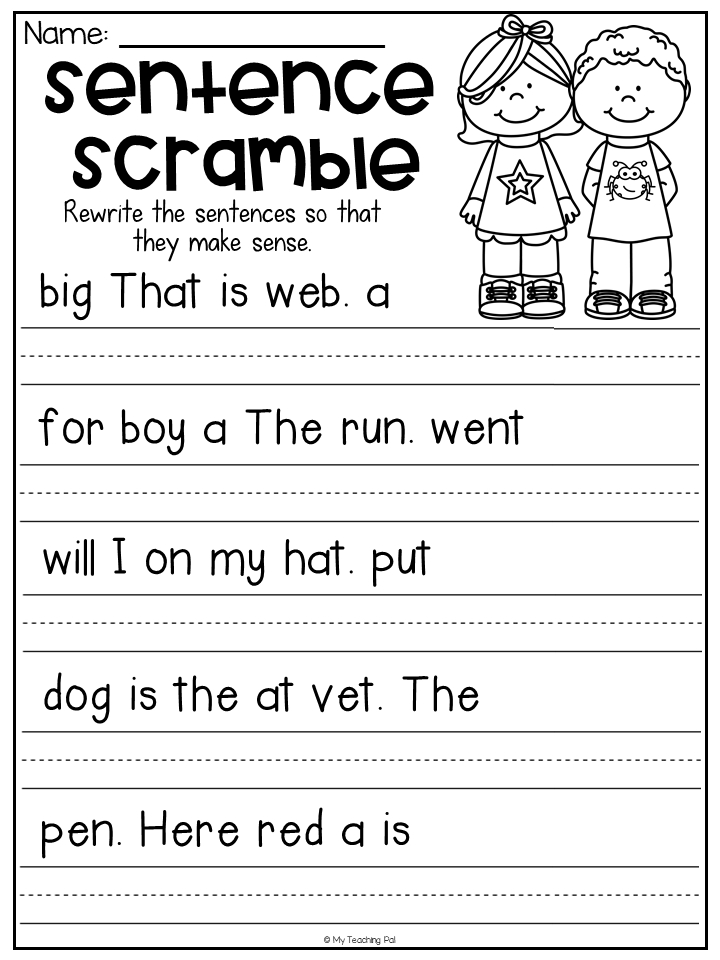
- That is an old camera.
- That is an old castle.
- That is my dictionary.
- That's good, isn't it?
- That 's not my concern.
- That's what I thought.
- That's why I was late.
- What made her do that?
- Who is that gentleman?
- Who is that old woman?
- Do you know that hotel?
- Don't release that dog.
- I heard that he'd died.
- I love that commercial.
- I'll leave that to you.
- Is that a cat or a dog?
- Let's leave it at that.
- That movie is exciting.
- That was a close shave.
- That was a great party.
- That's a good question.
- That's cheap, isn't it?
- That's not the problem.
- That's quite a problem.
- That's right, isn't it?
- He died of that disease.
- How long is that bridge?
- I can't help doing that.
- Is that a picture of me?
- It is dark in that room.
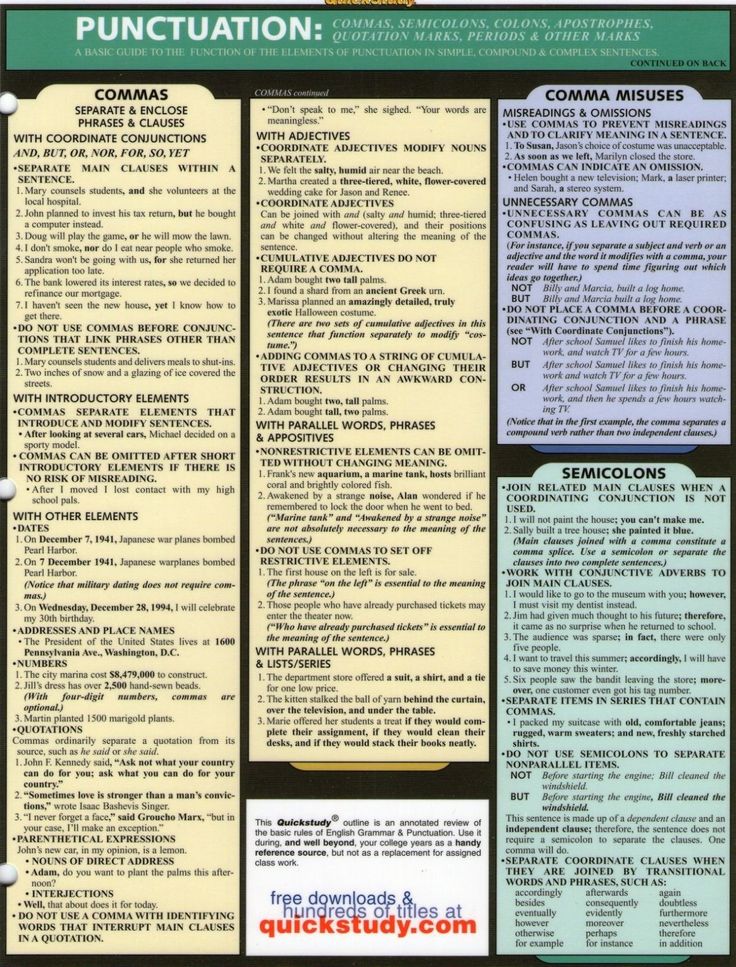
- It was her that told me.
- That boy is intelligent.
- That couldn't be helped.
- That's altogether wrong.
- That's enough for today.
- That's not what I heard.
- They will agree on that.
- You're wrong about that.
- After that, he went home.
- I admit that he is right.
- I think that Tom is kind.
- I wonder why he did that.
- Lightning hit that tower.
- Someone will do that job.
- That house is very small.
- That toy is made of wood.
- That wasn't my intention.
- That's a beautiful dress.
- That's quite meaningless.
- Why do I have to do that?
- All's well that ends well.
- Don't look at me that way.
- Even I can't believe that.
- Give that book back to me.
- How high is that mountain?
- I hear that he eats frogs.
- I think that he is honest.
- I'm glad that you'll come.
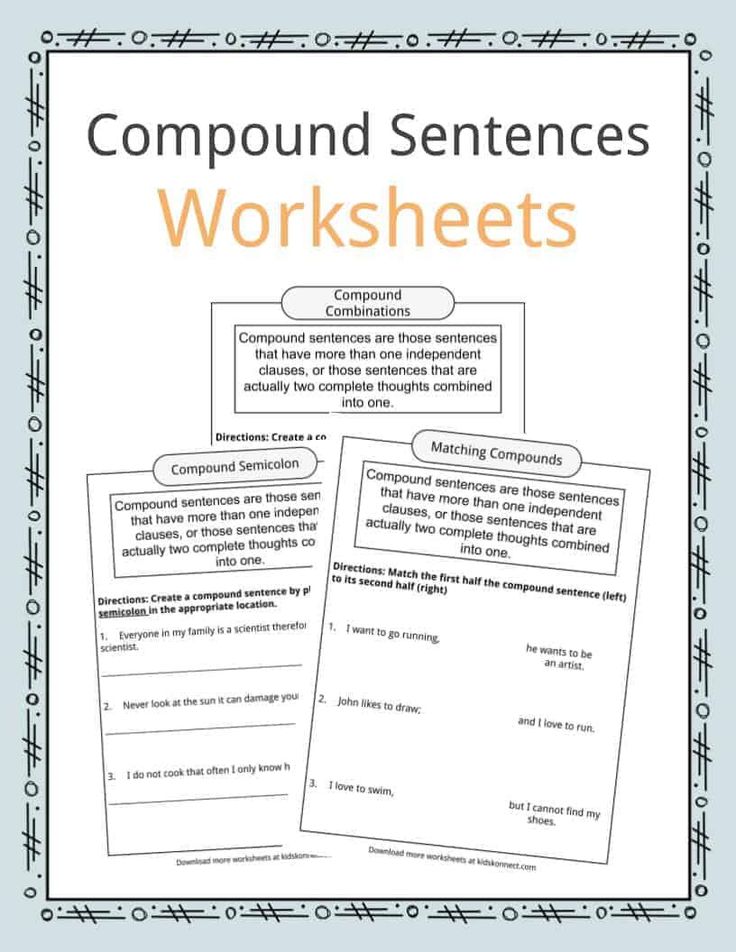
- I'm very sad to hear that.
- I've met that girl before.
- That didn't really happen.
- That fact can't be denied.
- That girl's eyes are blue.
- That is rather unexpected.
- That sounds very tempting.
- That's the absolute truth.
- What's that tall building?
- Wow! That looks delicious.
- Don't lose sleep over that.
- I finally passed that test.
- I have to catch that train.
- I heard that she came here.
- I shouldn't have done that.
- I'm glad that you can come.
- Isn't that skirt too short?
- It was here that I saw her.
- It's next to that building.
- That company went bankrupt.
- That's a really great idea.
- That's an incredible story.
- That's right. He's Anthony.
- That's too good to be true.
- A friend told me that story.
- Does that price include tax?
- Don't let that happen again!
- How do you account for that?
- I am not certain about that.

- I hope that he will succeed.
- I should not have said that.
- I thought that Tom was kind.
- I wish you had told me that.
- My family is not that large.
- That's where the problem is.
- Can you see that small house?
- Everyone always asks me that.
- He admitted that it was true.
- He wondered why she did that.
- I can't allow you to do that.
- I have seen that girl before.
- I'm sure that you'll succeed.
- It's obvious that she's sick.
- Stop staring at me like that.
- That's not my favorite topic.
- We walked ten miles that day.
- Where did you see that woman?
- He admitted that he was wrong.
- He is afraid that he will die.
- I expect that he will help us.
- I felt that I should help her.
- I hear that he sold his house.
- I know that he went to London.
- I know that she has been busy.

- I know that you did your best.
- I noticed that he had stopped.
- I'll show you that I am right.
- I've never heard of that city.
- Is that what you have in mind?
- It is clear that he is guilty.
- It was yesterday that he died.
- People don't say that anymore.
- She told him that she was sad.
- That bridge is very beautiful.
- That old man is a fussy eater.
- That's exactly what I thought.
- What did you do with that car?
- What was it that you gave him?
- Does he know that you love him?
- He admitted that he was guilty.
- How do you say that in Italian?
- I agree with him on that point.
- I can't live that kind of life.
- I can't put up with that noise.
- I don't want to wait that long.
- I suggested that we go fishing.
- I wish I could buy that guitar.
- What's that?
The Word "That" in Example Sentences
The Sentences
Page 1 Page 2 Page 3 Page 4 Page 5 Page 6 Page 7 Page 8 Page 9 Page 10 Page 11 Page 12 Page 13 Page 14 Page 15 Page 16 Page 17 Page 18 Page 19 Page 20 Page 21 Page 22 Page 23 Page 24 Page 25 Page 26 Page 27 Page 28 Page 29 Page 30 Page 31 Page 32 Page 33 Page 34 Page 35 Page 36 Page 37 Page 38 Page 39 Page 40 Page 41 Page 42 Page 43 Page 44 Page 45 Page 46 Page 47 Page 48 Page 49 Page 50 Page 51 Page 52 Page 53 Page 54 Page 55 Page 56 Page 57 Page 58 Page 59 Page 60 Page 61 Page 62 Page 63 Page 64 Page 65 Page 66 Page 67 Page 68 Page 69 Page 70 Page 71 Page 72 Page 73 Page 74 Page 75 Page 76 Page 77 Page 78 Page 79 Page 80 Page 81 Page 82 Page 83 Page 84 Page 85 Page 86 Page 87 Page 88 Page 89 Page 90 Page 91 Page 92 Page 93 Page 94 Page 95 Page 96 Page 97 Page 98 Page 99 Page 100 Page 101 Page 102 Page 103 Page 104 Page 105 Page 106 Page 107 Page 108 Page 109 Page 110 Page 111 Page 112 Page 113 Page 114 Page 115 Page 116 Page 117 Page 118 Page 119 Page 120 Page 121 Page 122 Page 123 Page 124 Page 125 Page 126 Page 127 Page 128 Page 129 Page 130 Page 131 Page 132 Page 133 Page 134 Page 135 Page 136 Page 137 Page 138 Page 139 Page 140 Page 141 Page 142 Page 143 Page 144 Page 145 Page 146 Page 147 Page 148 Page 149 Page 150 Page 151 Page 152 Page 153 Page 154 Page 155 Page 156 Page 157 Page 158 Page 159 Page 160 Page 161 Page 162 Page 163 Page 164 Page 165 Page 166 Page 167 Page 168 Page 169 Page 170 Page 171 Page 172 Page 173 Page 174 Page 175 Page 176 Page 177 Page 178 Page 179 Page 180 Page 181 Page 182 Page 183 Page 184 Page 185 Page 186 Page 187 Page 188 Page 189 Page 190 Page 191 Page 192 Page 193 Page 194 Page 195 Page 196 Page 197 Page 198 Page 199 Page 200 Page 201 Page 202 Page 203 Page 204 Page 205 Page 206 Page 207 Page 208 Page 209 Page 210 Page 211 Page 212 Page 213 Page 214 Page 215 Page 216 Page 217 Page 218 Page 219 Page 220 Page 221 Page 222 Page 223 Page 224 Page 225 Page 226 Page 227 Page 228 Page 229 Page 230 Page 231 Page 232 Page 233 Page 234 Page 235 Page 236 Page 237 Page 238 Page 239 Page 240 Page 241 Page 242 Page 243 Page 244 Page 245 Page 246 Page 247 Page 248 Page 249 Page 250 Page 251 Page 252 Page 253 Page 254 Page 255 Page 256 Page 257 Page 258 Page 259 Page 260 Page 261 Page 262 Page 263 Page 264 Page 265 Page 266 Page 267 Page 268 Page 269 Page 270 Page 271 Page 272 Page 273 Page 274 Page 275 Page 276 Page 277 Page 278 Page 279 Page 280 Page 281 Page 282 Page 283 Page 284 Page 285 Page 286 Page 287 Page 288 Page 289 Page 290 Page 291 Page 292 Page 293 Page 294 Page 295 Page 296 Page 297 Page 298 Page 299 Page 300 Page 301 Page 302 Page 303 Page 304 Page 305 Page 306 Page 307 Page 308 Page 309 Page 310 Page 311 Page 312 Page 313 Page 314 Page 315 Page 316 Page 317 Page 318 Page 319 Page 320 Page 321 Page 322 Page 323 Page 324 Page 325 Page 326 Page 327 Page 328 Page 329 Page 330 Page 331 Page 332 Page 333 Page 334 Page 335 Page 336 Page 337 Page 338 Page 339 Page 340 Page 341 Page 342 Page 343 Page 344 Page 345 Page 346 Page 347 Page 348 Page 349 Page 350 Page 351 Page 352 Page 353 Page 354 Page 355 Page 356 Page 357 Page 358 Page 359 Page 360 Page 361 Page 362 Page 363 Page 364 Page 365 Page 366 Page 367 Page 368 Page 369 Page 370 Page 371 Page 372 Page 373 Page 374 Page 375 Page 376 Page 377 Page 378 Page 379 Page 380 Page 381 Page 382 Page 383 Page 384 Page 385 Page 386 Page 387 Page 388 Page 389 Page 390 Page 391 Page 392 Page 393 Page 394 Page 395 Page 396 Page 397 Page 398 Page 399 Page 400 Page 401 Page 402 Page 403 Page 404 Page 405 Page 406 Page 407 Page 408 Page 409 Page 410 Page 411 Page 412 Page 413 Page 414 Page 415 Page 416 Page 417 Page 418 Page 419 Page 420 Page 421 Page 422 Page 423 Page 424 Page 425 Page 426 Page 427 Page 428 Page 429 Page 430 Page 431 Page 432 Page 433 Page 434 Page 435 Page 436 Page 437 Page 438 Page 439 Page 440 Page 441 Page 442 Page 443 Page 444 Page 445 Page 446 Page 447 Page 448 Page 449 Page 450 Page 451 Page 452 Page 453 Page 454 Page 455 Page 456 Page 457 Page 458 Page 459 Page 460 Page 461 Page 462 Page 463 Page 464 Page 465 Page 466 Page 467 Page 468 Page 469 Page 470 Page 471 Page 472 Page 473 Page 474 Page 475 Page 476
About
- Sentences are sorted by length, with 50 sentences per page.
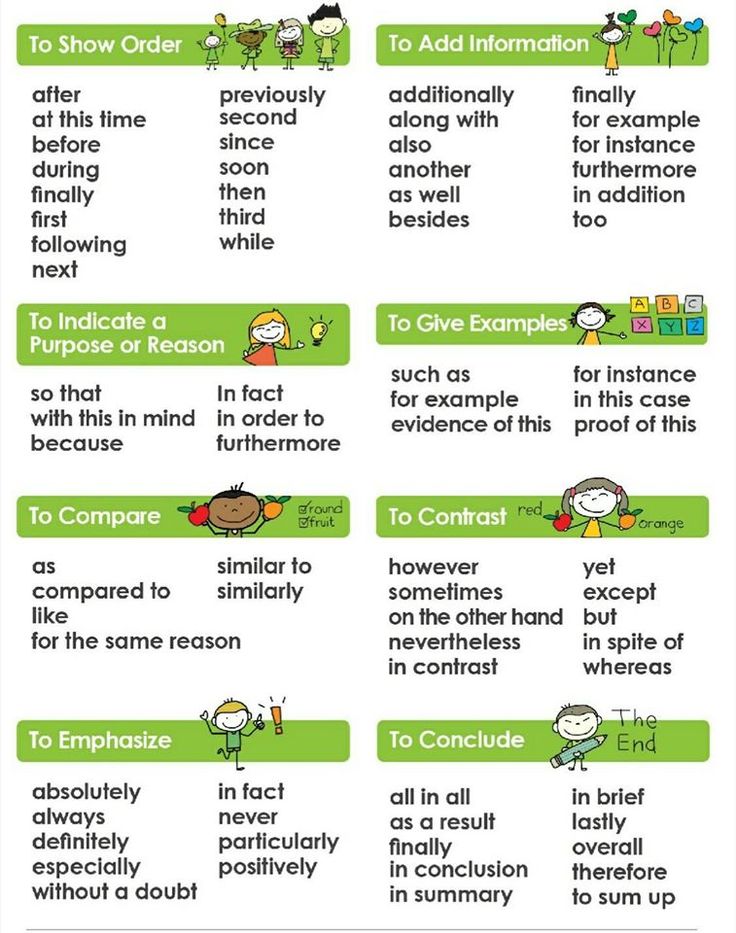
- Sentences with audio are shown first, followed by sentences without audio.
- Only sentences from the Tatoeba Corpus that have been proofread are included.
- If a sentence hasn't yet been translated into your own language, you can join the project and translate it.
Execution of the sentence Article 393 Code of Criminal Procedure of the Russian Federation
Procedure for the execution of a court decision in a criminal case is regulated by Art. 393 Code of Criminal Procedure (Code of Criminal Procedure) of the Russian Federation. The issuance of an act and sending it further according to jurisdiction is the final stages of criminal proceedings. This activity is attended by: the court, when executing acquittal verdicts or orders to release the defendant in the hall. Bodies of the executive system (transmit information to the court about the conditions of stay of convicts, disability and other data). The prosecutor's office (oversees the process) and public structures (initiate early release of the sentenced person).
The prosecutor's office (oversees the process) and public structures (initiate early release of the sentenced person).
Multi-channel free hotlineLegal advice on criminal law. Daily from 9.00 to 21.00 Moscow and the region: +7 (495) 662-44-36 St. Petersburg: +7 (812) 449-43-40
Article 393 – procedure for applying for the execution of a sentence, ruling, court order
- The implementation of a court verdict helps to strengthen the principles of the inevitability of responsibility for a crime, legality, and observance of the rights of subjects.
- Chapter 46 Code of Criminal Procedure of the Russian Federation establishes the procedure for the practical implementation of criminal acts:
- sentences;
- definitions;
- regulations.
The verdict is the main act of criminal proceedings issued by the court at the end of the investigation of the case.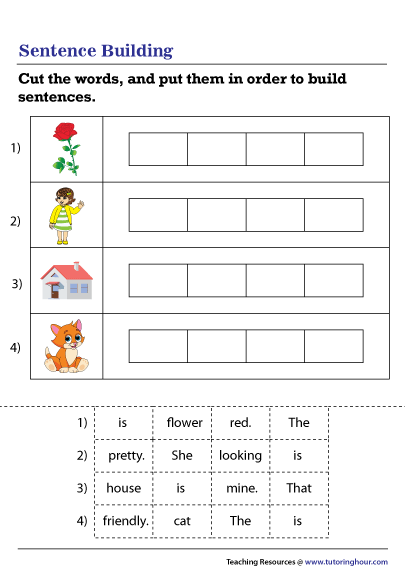 It determines the further status and destiny of a person.
It determines the further status and destiny of a person.
The Code of Criminal Procedure imposes the obligation to enforce the sentence on the court that considered the criminal case on the merits, even if it was later protested to higher judicial authorities.
The verdict is brought to execution within three days. A photocopy of it is sent to the authorities authorized to carry out activities for the implementation of criminal penalties. If the text of the decision provides for penalties of a material nature, then together with a copy of the verdict (determination, decision), an executive document is sent to the bailiff service.
Correspondence may be transmitted electronically. All decisions made by higher authorities are attached to a copy. Institutions directly involved in punishment inform the court about the fact that the decision began to take effect and the place where the person was serving the measure of coercion.
Legal commentary on article 393 of the Code of Criminal Procedure of the Russian Federation
Business communication within the framework of the enforcement of a court decision is carried out by employees of the apparatus on behalf and under the control of the judges who considered the case and the chairman.
Copies of acts sent to various departments and institutions are certified:
- by the judge's signature;
- signed by the secretary;
- stamp imprint.
If amendments have been made to the document, a note is made on the copy and a copied copy of the document that made these amendments is attached. Correspondence is accompanied by a letter duly signed, a copy of which is attached to the case.
The mechanism for enacting acts depends on the type and specifics of the imposed sanction, its connection with isolation from society. The court addressing the implementation of the verdict is obliged to control this process.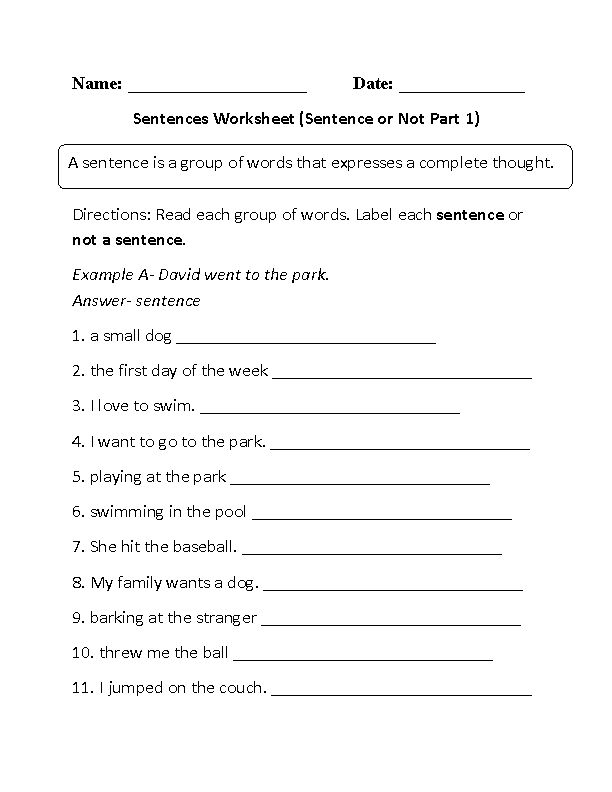
The work on the case is considered completed only after receiving official notifications from the executive structures on the implementation of basic and additional coercive measures, satisfaction of civil law claims. The completed case is removed from control and archived.
Court practice
The procedure for applying a sentence, ruling, or decision for execution is regulated by:
- Record keeping instructions adopted by the Judicial Department of the Supreme Court of the Russian Federation.
- FZ (Federal Law ) "On Criminal Executive Proceedings".
- Code of Criminal Procedure of the Russian Federation (Criminal Procedure Code ).

- PEC (Criminal Executive Code) of the Russian Federation.
Judicial acts that have entered into legal force after the expiration of the period for filing a complaint, if it has not been filed, are subject to execution. The exceptions are acts that take effect immediately.
After the verdict has become legally binding, a form No. 6 is filled out for the convict, which is then sent to the registration unit of the law enforcement agency from where the case materials were received.
The judge issues an enforcement order. If a person is sentenced to punishment in the form of a conclusion, then the documents are sent to the authorities of the pre-trial detention center (pre-trial detention center) where he is being held.
His task is to inform the relatives of the prisoner about where he will be taken to serve.
If no preventive measure was applied to the convict, then the materials are sent to the territorial internal affairs bodies at the place of registration.
A person who is to serve a sentence in a colony-settlement, independently gets to the place. Information about this is sent to the III. There the convict must come to receive instructions.
The serving of the sentence may be suspended. In this case, two resolutions are sent to the department of the executive system. One of them is transferred to the territorial department of the penitentiary inspection (UII) by registration. When the deferral is removed, the decision to this effect is transmitted to the Department of Internal Affairs.
The execution of sanctions other than imprisonment is supervised by the PII. There the court sends a copy of the verdict, the order and the obligation of the convict to come personally on a certain day.
Copies of decisions concerning persons under 18 years of age are transferred to the Commission on Juvenile Affairs, regarding the military - to military registration and enlistment offices.
Advice of a lawyer
In the process of implementing coercive measures, a lot of questions arise, in the resolution of which the help of a qualified lawyer can be very helpful.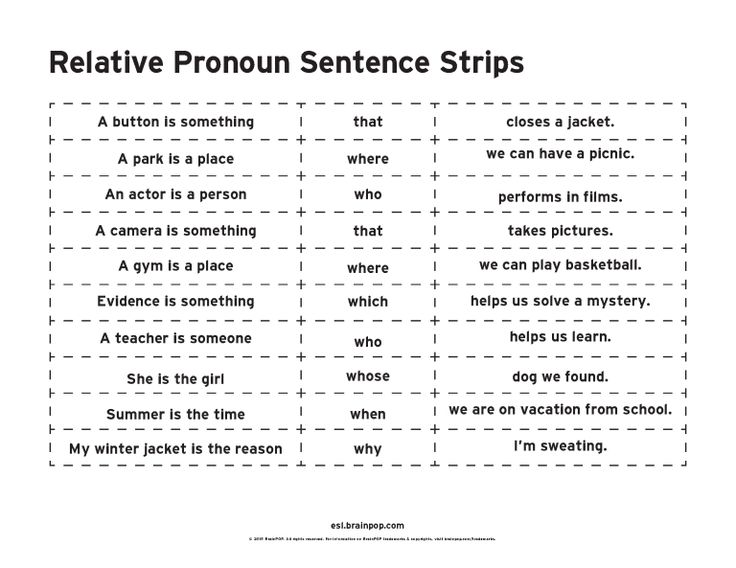 He will answer questions and help you prepare the necessary documents.
He will answer questions and help you prepare the necessary documents.
Legal assistance is available:
- If you disagree with the verdict.
- When requesting a deferral or installment plan.
- In cooperation with implementing agencies.
- When the release procedure is initiated early.
- When assigning a more loyal enforcement measure.
- When removing a criminal record.
If a person is serving a sentence, then he has practically no opportunity to carry out self-defense.
Lawyer can provide assistance to the prisoner in the forms:
- Providing advice in face-to-face meetings, correspondence, telephone conversations.
- Production of procedural documents.
- Protecting the interests of a person in judicial structures and other departments.
To use the assistance of a lawyer, the penitentiary law of the Russian Federation provides for visits with a convict. Their number is not limited. Meetings are allowed, excluding control by technical means of recording negotiations. The representative of the administration of the enforcement agency may not prevent a meeting with the defense counsel.
Their number is not limited. Meetings are allowed, excluding control by technical means of recording negotiations. The representative of the administration of the enforcement agency may not prevent a meeting with the defense counsel.
A court decision can be appealed within the time period established by law, which is 10 days from the date of issue. For the convict, this time is counted from the moment he receives a copy of the document.
The complaint must be written correctly and in accordance with the requirements, otherwise it will not be considered. A term missed for serious reasons may be renewed at the request of the person. The filing of a complaint interrupts the enforcement of the act, except in cases provided for by law.
The law provides for the possibility of postponing the implementation of punishment. Such a measure was introduced by the Code of Criminal Procedure of the RSFSR and has not undergone significant dynamics since that period. Not all types of sanctions can be postponed. The deferment is made only for a specific period.
The deferment is made only for a specific period.
This requires the grounds provided for by the Code of Criminal Procedure. The payment of funds, if a criminal fine is assigned, can be made in installments when the convict cannot do this at a time. If there is a chance to use a deferral or installment plan, you need to file a petition.
The convicted person must serve his term in an institution at his place of residence. In reality, it may be different. The participation of a lawyer will help prevent such a violation and quickly take the necessary measures. Often, illegal actions on the part of representatives of the institution are also allowed against prisoners.
Considering the law, it must be remembered that only the person serving the sentence or his representative can initiate the procedure parole .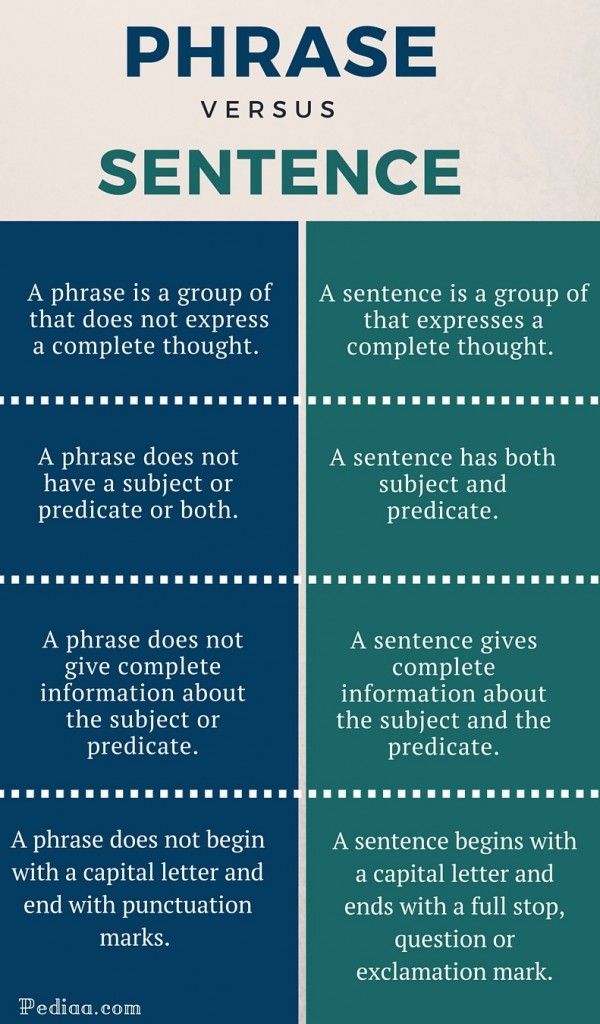 The professionalism of a lawyer is important if a person has a chance for early release or for the appointment of a milder measure of coercion.
The professionalism of a lawyer is important if a person has a chance for early release or for the appointment of a milder measure of coercion.
Competent collection of documents and representation in court is a guarantee of a successful outcome of the event. Experienced Defender is able to notice violations of the rights of the subject and contribute to their elimination.
In addition to support within the framework of the enforcement process, the defender provides legal assistance on other unrelated civil law issues.
Article 393 of the Code of Criminal Procedure of the Russian Federation: execution of a court sentence and procedure for appeal
In the legislation of Article 393 of the Code of Criminal Procedure of the Russian Federation is used to determine the actions in a criminal case. The issuance of an act, the subsequent referral to subordinate organizations are the final stages of legal proceedings in criminal cases. Consider the main provisions of the article, judicial practice and other nuances regulated by the criminal legislation of the Russian Federation.
What is Article 393 of the Criminal Code about?
Execution of the verdict issued by the court guarantees the inevitability of punishment for an action committed by a citizen that led to irreversible consequences in relation to the rights of subjects. The verdict is the main act of legal proceedings, which determines the subsequent fate, the status of a person. Article CPC 393 regulates the stages and legality of the execution of sentences, going to court.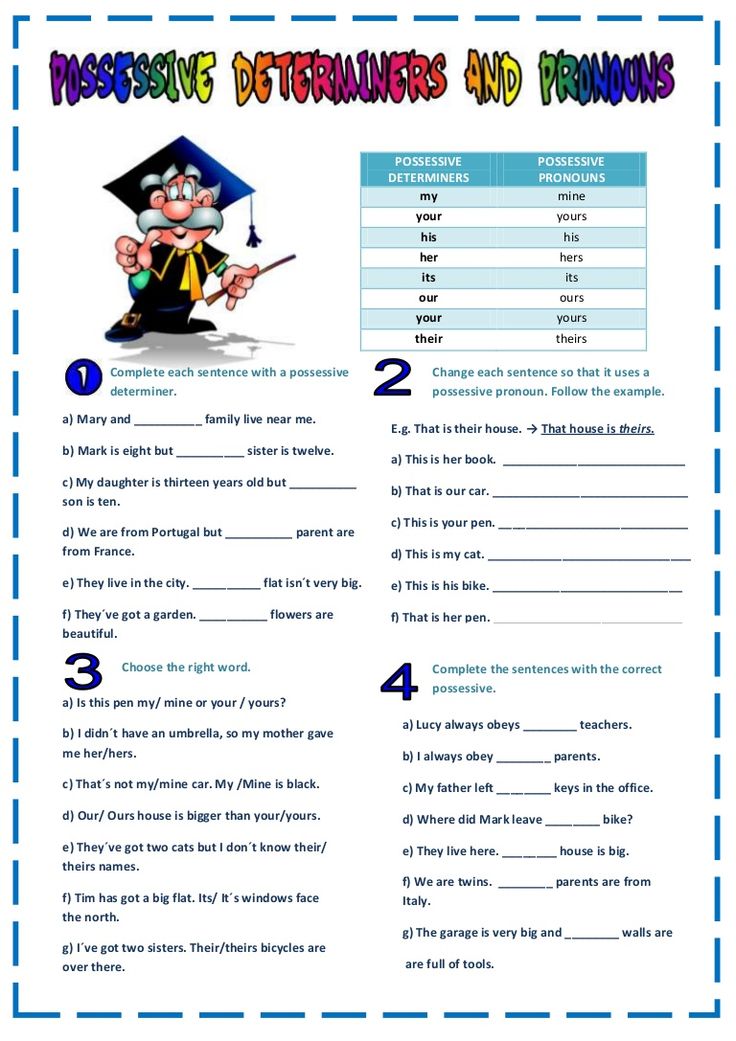
Several departments are involved in the completion of the case:
- court - in the execution of verdicts in terms of acquittals, orders for the immediate release of a citizen from custody in the courtroom;
- body of the executive system - to transmit information about the condition of the prisoner, the presence of illness, disability, and other individual information;
- Prosecutor's office - in terms of monitoring the progress of the process;
- public organizations, structures - can act as initiators of the early release of the convict.
The obligation to execute the sentence of the Code of Criminal Procedure is assigned to the court considering the case on the merits, even if the results are contested and transferred to higher instances (after the court decision is made).
Statement and main provisions
The procedure for applying the sentence to execution according to the main provisions of Art. 393 of the Code of Criminal Procedure of the Russian Federation:
- In terms of the execution of the sentence, determination of the measure of punishment, the obligation lies with the court that accepted the case for consideration in the first instance.
- In terms of the execution of punishment, the duty is assigned to the body where a copy of the guilty verdict is sent signed by the presiding judge. The verdict on property recovery is sent to the bailiff-executor. Writ of execution (with a copy of the verdict) can be sent in the form of an electronic document with mandatory certification by a qualified electronic signature. The procedure is approved by the legislation of the Russian Federation:
- if the verdict establishes a decision on the independent passage of the convicted person to the place of serving the sentence (clause 11, part 1, article 308 of the Criminal Procedure Code of the Russian Federation), then a certified copy of the verdict is sent to the penitentiary system of the territorial body;
- if it is necessary to ensure security, in cases regulated by the Federal Law, copies of documents are sent to the executive body of regional significance or the competent authorities in charge of cases of citizenship of the Russian Federation.
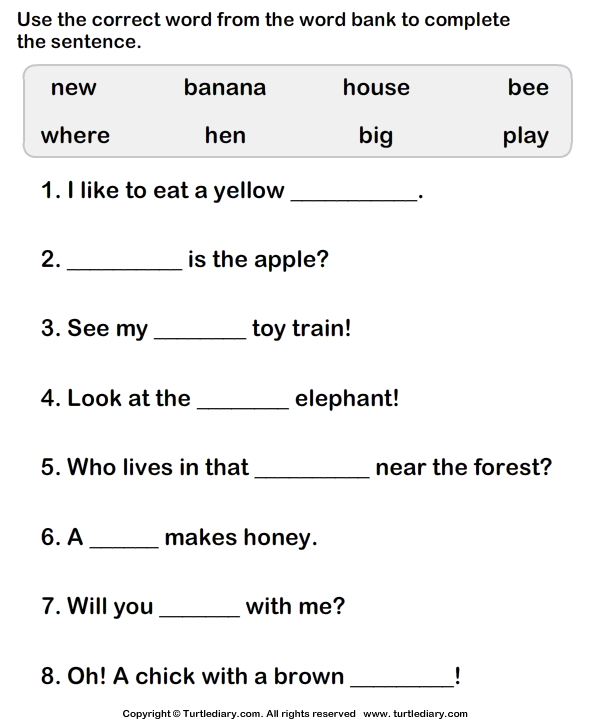
- when imposing penalties as the main or additional type of criminal punishment, in order to guarantee the receipt of income to the budget of the federation, a copy of the part of the conviction (resolutive section) is sent to the body that is entrusted with the responsibility of administering the income of the federation budget, in accordance with the budget legislation of the Russian Federation.
- The Court of Appeal decides on the citizen in custody and submits the documents on the decision to the bodies, institutions that are entrusted with the execution of the sentence of the Code of Criminal Procedure.
If the sentence is changed by the court of the first, appellate instance during the consideration of the criminal case in cassation (after filing a complaint), a copy of the decision (determination of punishment) of the court of appeal is attached to the copy of the original sentence.
- After the documents of the court decision are handed over to the bodies or institutions responsible for the execution of the sentence, the latter shall without fail and immediately notify the court of the execution of the sentence.
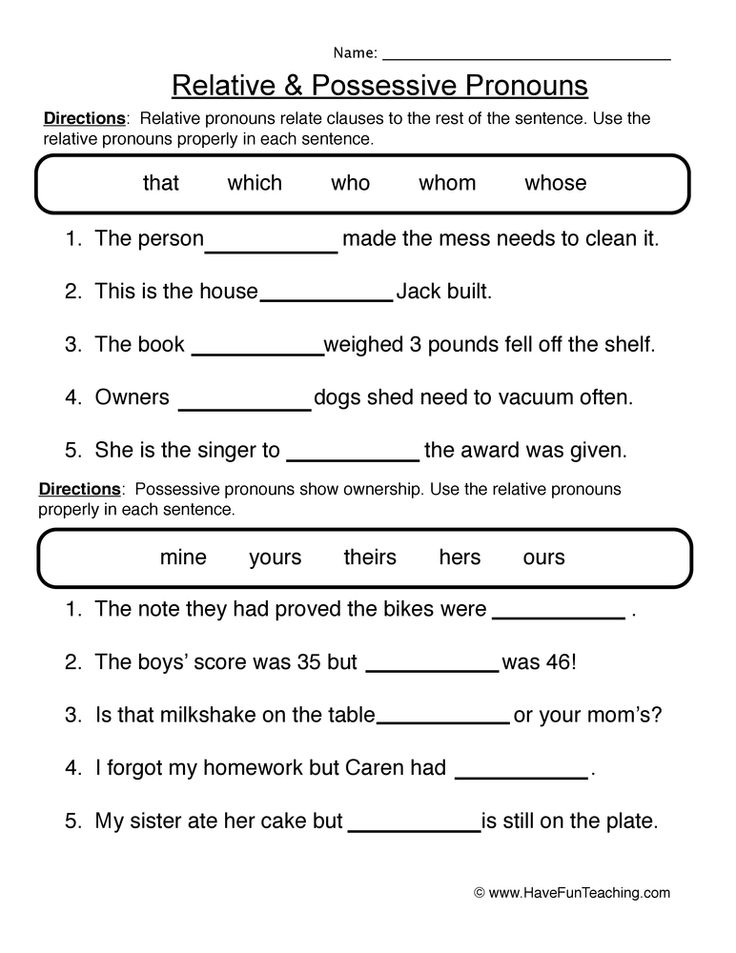 The notice shall be sent to the court that issued the conviction. It is also the responsibility of the body executing the sentence to timely notify the court of the place where the convicted person is serving the sentence.
The notice shall be sent to the court that issued the conviction. It is also the responsibility of the body executing the sentence to timely notify the court of the place where the convicted person is serving the sentence.
When is it used?
In accordance with the Federal Law, a procedure for the practical implementation of acts of criminal law is established: a sentence, a ruling, a court order. The delivered verdict is supposed to be carried out within 3 days. Art. 393 both in the case of serving a sentence in places of deprivation of liberty, and in cases of recovery of material damage.
A photocopy of court decisions must be sent to the penitentiary authorities, the bailiff service. The bodies responsible for the implementation of the orders are obliged to inform the court about the fact of the commencement of actions, the place where the convict is serving the measure of coercion.
Execution of the sentence as a stage of the criminal process
Definition 1
Execution of the sentence is the final stage of the criminal process in the Russian Federation.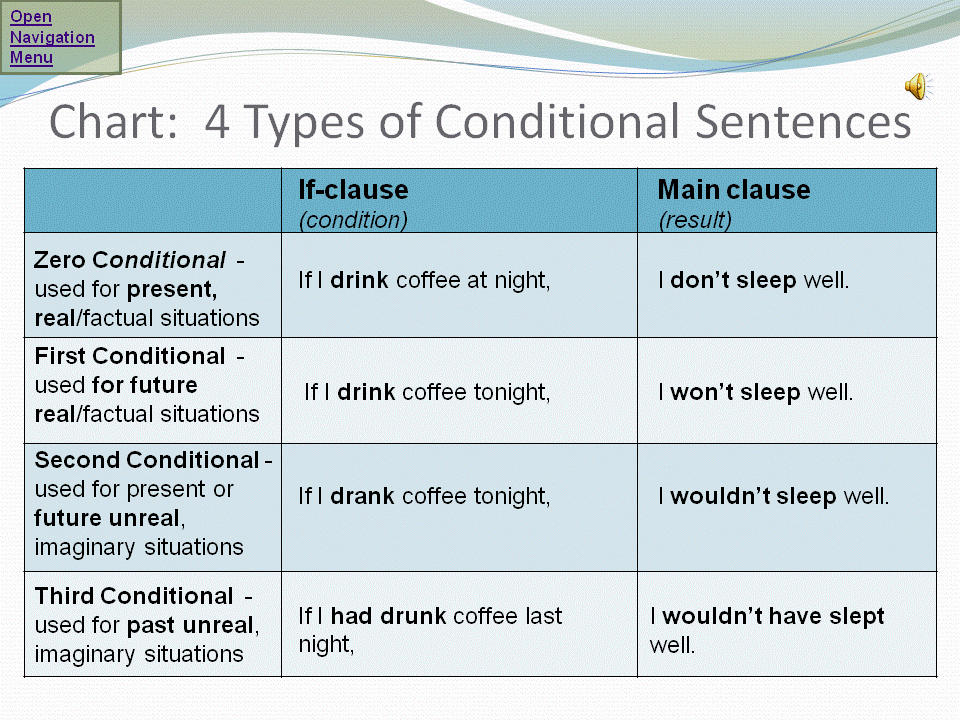 The point is to refer to the execution of sentences and other court decisions that have entered into legal force and to resolve procedural issues that arise when applying for execution and the actual execution of the sentence.
The point is to refer to the execution of sentences and other court decisions that have entered into legal force and to resolve procedural issues that arise when applying for execution and the actual execution of the sentence.
The entity carrying out activities at the stage of execution of the sentence is the court. This stage of criminal proceedings does not include the activities of officials and bodies directly executing court decisions. In fact, the execution of the sentence in practice, for the most part, is non-procedural in nature and is determined by penal law.
The following actions in court are typical for the stage of execution of a sentence:
According to article 390 of the Code of Criminal Procedure, the sentence of the court of the first instance enters into legal force after the expiration of the period for its appeal by way of appeal, if the parties have not appealed against it.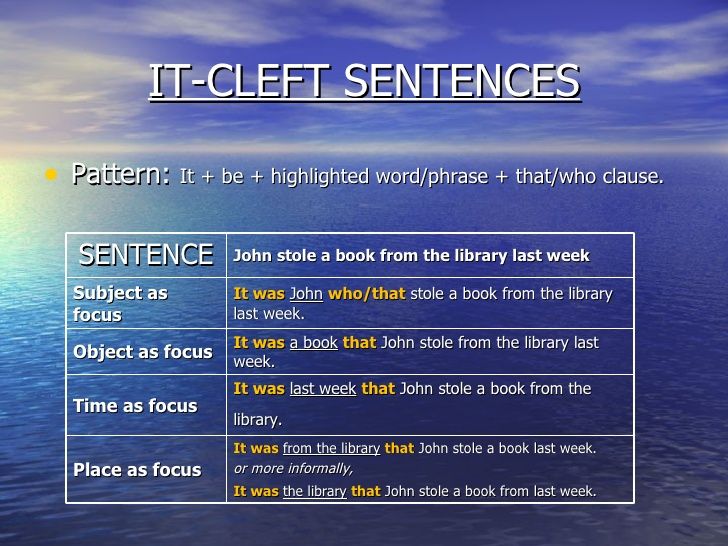 When an appeal is filed or presented, the verdict, if it has not been canceled, enters into legal force from the date of issuance of the appeal ruling.
When an appeal is filed or presented, the verdict, if it has not been canceled, enters into legal force from the date of issuance of the appeal ruling.
What is the procedure for applying a sentence for execution
A sentence that has entered into legal force is submitted by the judicial body that decided it for execution no later than 3 days from the date of its entry into legal force or the return of the case from the court of appeal.
The procedure for applying a sentence for execution is as follows:
- The sentence with charges is carried out after it enters into legal force.
- A sentence of acquittal and a sentence that releases the defendant from punishment shall be executed immediately at the time of pronouncement of the sentence. When the defendant is in custody, he is released by the court from custody right in the courtroom.
- The verdict that has entered into legal force, as well as the judicial ruling and resolution, are binding on all state authorities, local governments, citizens and must be executed throughout the Russian state.
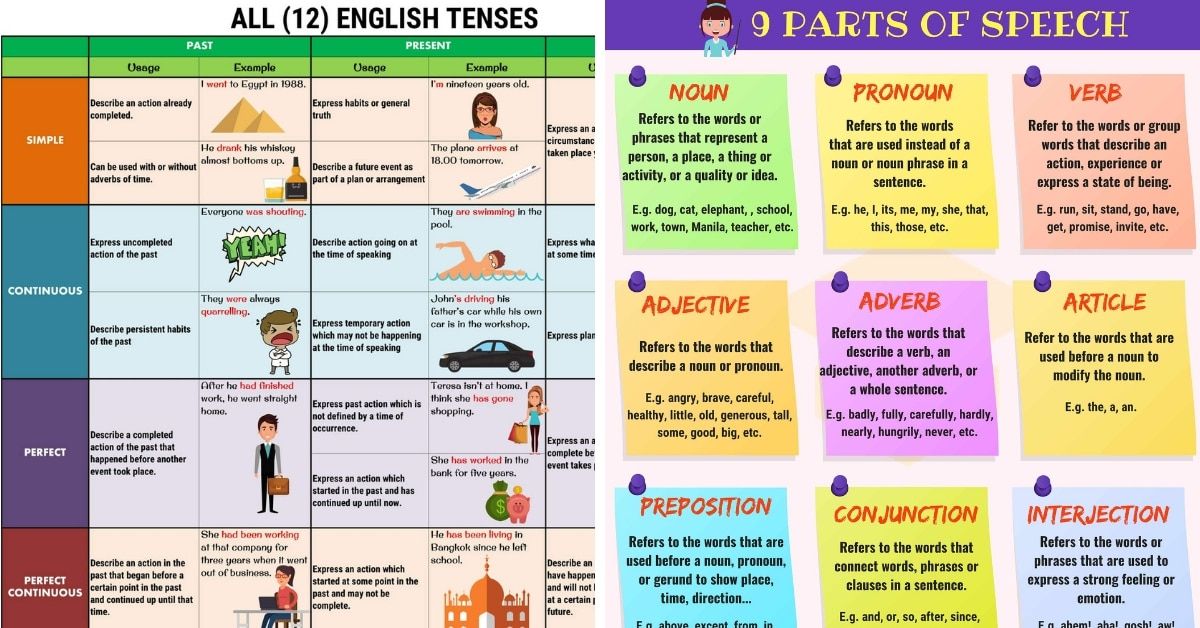
- A copy of the guilty verdict shall be sent by the judge or the chairperson of the court to the institution or body charged with the execution of the sentence.
- The judge or the chairman of the court may, at the request of relatives, provide an opportunity to see the convicted person in custody until the sentence is enforced (Article 395 Code of Criminal Procedure).
- Upon the entry into legal force of the verdict, which sentenced the convict to arrest or imprisonment, the prison administration informs the family of the convict about where he is sent to serve the sentence.
Need help from a teacher? Describe the task and our experts will help you!
Issues decided by the court during the execution of the sentence
During the actual execution of the sentence, procedural issues may arise that are resolved by the court during the court session. Depending on the nature of these issues, they are resolved either by the judicial authority that passed the sentence, or by the judicial authority at the place of serving the sentence, or by the judicial authority at the place of residence of the convicted person or at the place of his detention (Article 396 Code of Criminal Procedure).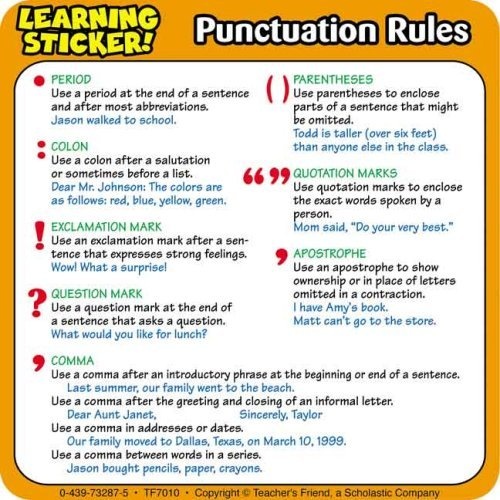
The judicial body that passed the verdict decides on the following issues:
- compensation for harm to the rehabilitated person and restoration of his labor, housing and other rights;
- replacement of punishment in case of malicious evasion from serving it;
- release from serving a sentence due to the expiration of the statute of limitations for a guilty verdict;
- counting the time of detention in the general period of serving the sentence;
- clarification of doubts and ambiguities that arise in the process of execution of the sentence;
- release from punishment of persons under the age of majority, using compulsory measures of an educational nature;
- suspension of execution of a sentence, etc. (Part 1 of Article 396 of the Code of Criminal Procedure).
The judicial body at the place where the sentence is served by the convict decides on the following issues:
- change of the type of correctional institution, which was appointed by sentence to a person sentenced to deprivation of liberty;
- parole from serving a sentence and cancellation of parole;
- replacement of the unserved part of the sentence with a milder type of punishment;
- release from serving a sentence due to illness of a convict, extension, change and termination of the application of compulsory medical measures;
- abolition of the deferral of serving sentences for convicted persons, in particular pregnant women, women with a child under 14 years of age, men with a child under 14 years of age and being a single parent;
- reduction of the period of deferral of serving sentences for convicts, in particular, pregnant women, women with a child under 14 years of age, men with a child under 14 years of age and being the only parent, with the release of convicts from serving their sentence or the remaining term of punishment with the removal of a criminal record (part 4 of article 396 Code of Criminal Procedure).

The judicial authority at the place of residence of the convict resolves the following issues:
- cancellation of parole;
- Cancellation of probation or prolongation of probation in case of probation;
- cancellation (or addition) of certain duties imposed on the convict in accordance with Article 73 of the Criminal Code;
- partial cancellation (or addition) of restrictions imposed on a convicted person in the form of restriction of freedom in accordance with Article 53 of the Criminal Code;
- abolition of the deferral of serving sentences for pregnant women and women who have minor children ( part 4 of article 396 of the Code of Criminal Procedure).
The listed issues are considered by the judicial body on the proposal of the institution or body that executes the punishment, and in some situations - on the personal petition of the convict.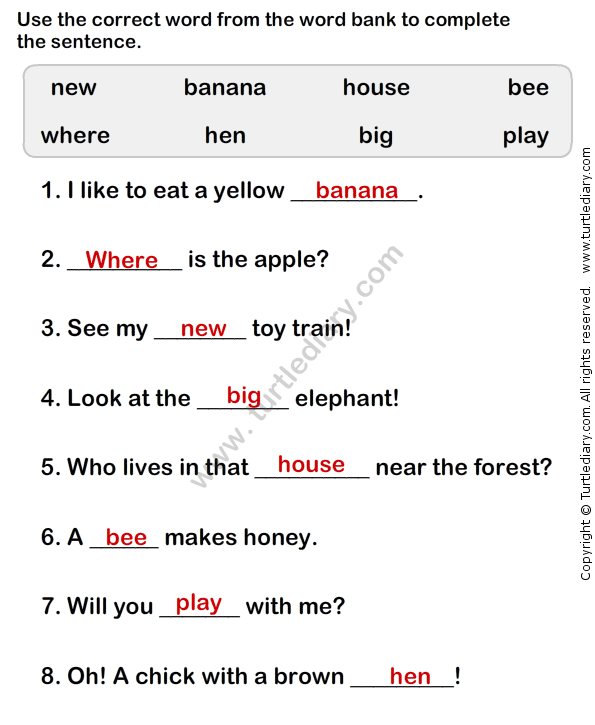
A representative of the institution or body executing the punishment is summoned to the court, on whose recommendation the issue regarding the execution of the punishment is decided.
If a convict participates in a court session, he/she has the right to familiarize himself/herself with the materials submitted to the court, participate in their consideration, petition and challenge, give explanations, and submit documentation. The decision regarding the participation of the convict in the court session is taken by the court.
Note 1
The convict can defend his own rights with the help of a lawyer.
Has the right to take part in the court session Prosecutor .
The court session begins with a report by a representative of the institution or body that filed the submission, or with an explanation from the applicant. Then they examine the available materials, listen to the explanations of the persons who appeared at the court session, the opinion of the prosecutor, after which the judge issues a decision.
Then they examine the available materials, listen to the explanations of the persons who appeared at the court session, the opinion of the prosecutor, after which the judge issues a decision.
Ekaterina Sveklova-Bogdanova
Civil law teacher
Can't write your own paper?
Trust this PhD!
Article 393 of the Code of Criminal Procedure of the Russian Federation: execution of a court sentence and procedure for appeal
The procedure for the execution of a court decision in a criminal case is regulated by Art. 393 Code of Criminal Procedure (Code of Criminal Procedure) of the Russian Federation. The issuance of an act and its direction further according to jurisdiction are the final stages of criminal proceedings.
This activity is attended by: the court, in the execution of acquittals or orders to release the defendant in the hall.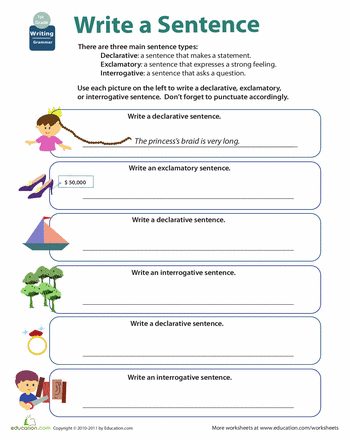 Bodies of the executive system (transmit information to the court about the conditions of the convicts' stay, about their illnesses, disabilities and other data).
Bodies of the executive system (transmit information to the court about the conditions of the convicts' stay, about their illnesses, disabilities and other data).
Prosecutor's office (supervises the process) and public structures (initiate the early release of the sentenced person).
Multi-channel free hotline Legal advice on criminal law. Daily from 9.00 to 21.00
- Moscow and the region: +7 (495) 662-44-36
- St. Petersburg: +7 (812) 449-43-40
What is Article 393 of the Code of Criminal Procedure about?
Execution of the verdict issued by the court guarantees the inevitability of punishment for an action committed by a citizen that led to irreversible consequences in relation to the rights of subjects. The verdict is the main act of legal proceedings, which determines the subsequent fate, the status of a person. Article CPC 393 regulates the stages and legality of the execution of sentences, going to court.
The Constitutional Court allowed to demand the termination of the criminal case through the court
Several departments take part in the process of completing the case:
- the court - in the execution of verdicts in terms of acquittals, orders for the immediate release of a citizen from custody in the courtroom;
- body of the executive system - to transmit information about the condition of the prisoner, the presence of illness, disability, and other individual information;
- prosecutor's office - in terms of monitoring the progress of the process;
- public organizations, structures - can act as initiators of the early release of the convict.

The obligation to execute the sentence of the Code of Criminal Procedure is assigned to the court considering the case on the merits, even if the results are contested and transferred to higher instances (after the court decision is made).
Statement and main provisions
The procedure for applying the sentence to execution according to the main provisions of Art. 393 of the Code of Criminal Procedure of the Russian Federation:
- In terms of the execution of the sentence, determination of the measure of punishment, the obligation lies with the court that accepted the case for consideration in the first instance.
- In terms of the execution of punishment, the duty is assigned to the body where a copy of the guilty verdict is sent signed by the presiding judge. The verdict on property recovery is sent to the bailiff-executor. The writ of execution (with a copy of the verdict) can be sent in the form of an electronic document with mandatory certification by a qualified electronic signature.
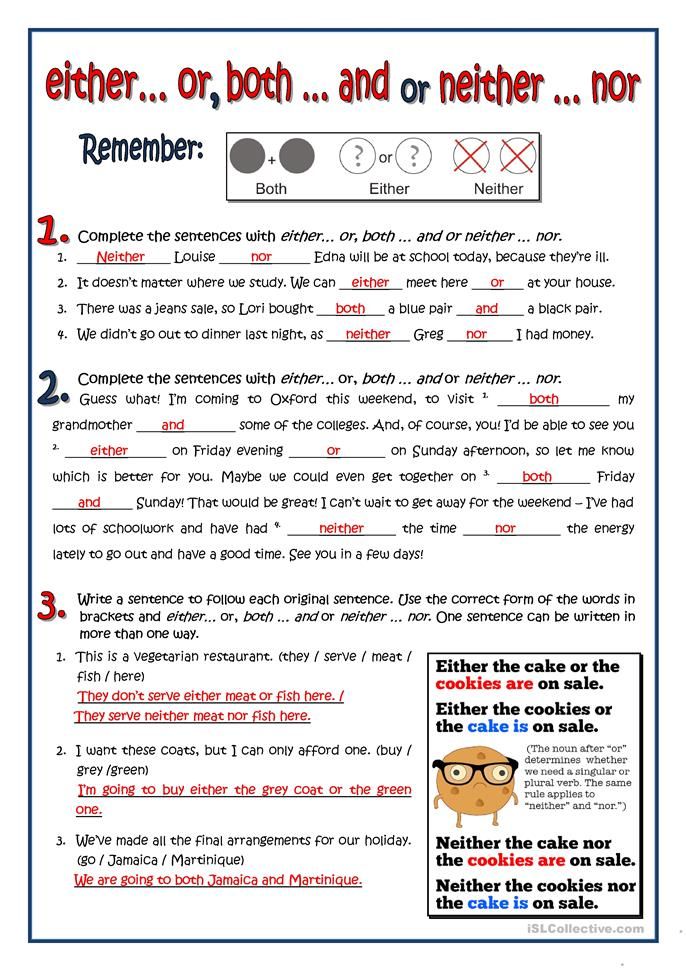 The procedure is approved by the legislation of the Russian Federation:
The procedure is approved by the legislation of the Russian Federation:
- if the verdict establishes a decision on the independent passage of the convicted person to the place of serving the sentence (clause 11, part 1, article 308 of the Criminal Procedure Code of the Russian Federation), then a certified copy of the verdict is sent to the penitentiary system of the territorial body;
- if it is necessary to ensure security, in cases regulated by the Federal Law, copies of documents are sent to the executive body of regional significance or the competent authorities in charge of cases of citizenship of the Russian Federation.
- when imposing penalties as the main or additional type of criminal punishment, in order to guarantee the receipt of income to the budget of the federation, a copy of the part of the conviction (resolutive section) is sent to the body that is entrusted with the responsibility of administering the income of the federation budget, in accordance with the budget legislation of the Russian Federation.
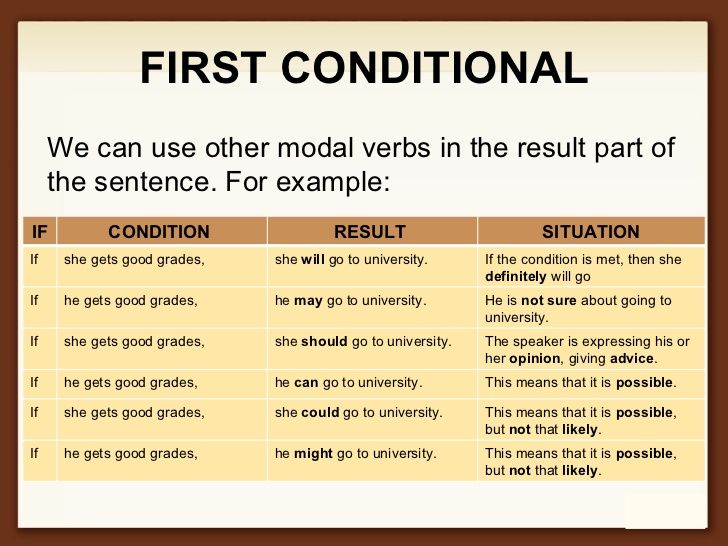
- The Court of Appeal makes a decision in respect of a citizen held in custody, and transfers the documents on the decision to the bodies, institutions that are entrusted with the execution of the sentence of the Code of Criminal Procedure.
If the sentence is changed by the court of the first, appellate instance during the consideration of the criminal case in cassation (after filing a complaint), a copy of the decision (determination of punishment) of the court of appeal is attached to the copy of the original sentence.
- After the documents of the court decision are handed over to the bodies or institutions responsible for the execution of the sentence, the latter shall without fail and immediately notify the court of the execution of the sentence. The notice shall be sent to the court that issued the conviction. It is also the responsibility of the body executing the sentence to timely notify the court of the place where the convicted person is serving the sentence.
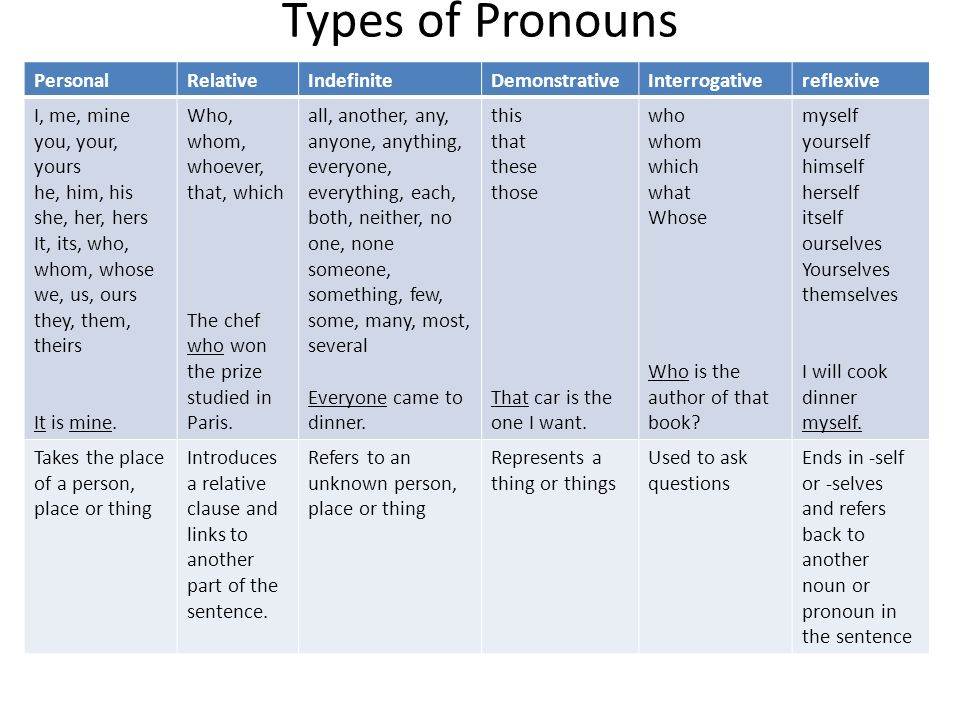
When is it used?
In accordance with the Federal Law, a procedure for the practical implementation of acts of criminal law is established: a sentence, a ruling, a court order. The delivered verdict is supposed to be carried out within 3 days. Art. 393 both in the case of serving a sentence in places of deprivation of liberty, and in cases of recovery of material damage.
A photocopy of court decisions must be sent to the penitentiary authorities, the bailiff service. The bodies responsible for the implementation of the orders are obliged to inform the court about the fact of the commencement of actions, the place where the convict is serving the measure of coercion.
Article 393 - the procedure for applying for the execution of a sentence, ruling, court order
The implementation of a court verdict helps to strengthen the principles of the inevitability of responsibility for a crime, legality, and observance of the rights of subjects.
Chapter 46 of the Code of Criminal Procedure of the Russian Federation establishes the procedure for the practical implementation of criminal acts:
- sentences;
- definitions;
- regulations.
The verdict is the main act of criminal proceedings issued by the court at the end of the investigation of the case. It determines the further status and destiny of a person.
The Code of Criminal Procedure imposes the obligation to enforce the sentence on the court that considered the criminal case on the merits, even if it was later appealed to higher judicial authorities.
The verdict is brought to execution within three days. A photocopy of it is sent to the authorities authorized to carry out activities for the implementation of criminal penalties.
If the text of the decision provides for penalties of a material nature, then together with a copy of the verdict (determination, decision), an executive document is sent to the bailiff service.
Correspondence may be transmitted by electronic communication.
All decisions made by higher authorities are attached to a copy. Institutions directly involved in punishment inform the court about the fact that the decision began to take effect and the place where the person was serving the measure of coercion.
Question 419. Execution of a sentence in the presence of other unexecuted sentences
Question 419. Execution of a sentence in the presence of other unexecuted sentences.
As a general rule, if the court that delivered the last sentence was not aware of the existence of unexecuted sentences, the issue of adding punishment for previous sentences must be decided by the court that delivered the sentence in accordance with Part 1 of Art. 396 of the Code of Criminal Procedure in accordance with Art. 70 of the Criminal Code (sentencing based on the totality of sentences). Thus, the unserved part of the punishment according to the previous court verdict is partially or completely added to the punishment imposed by the last verdict.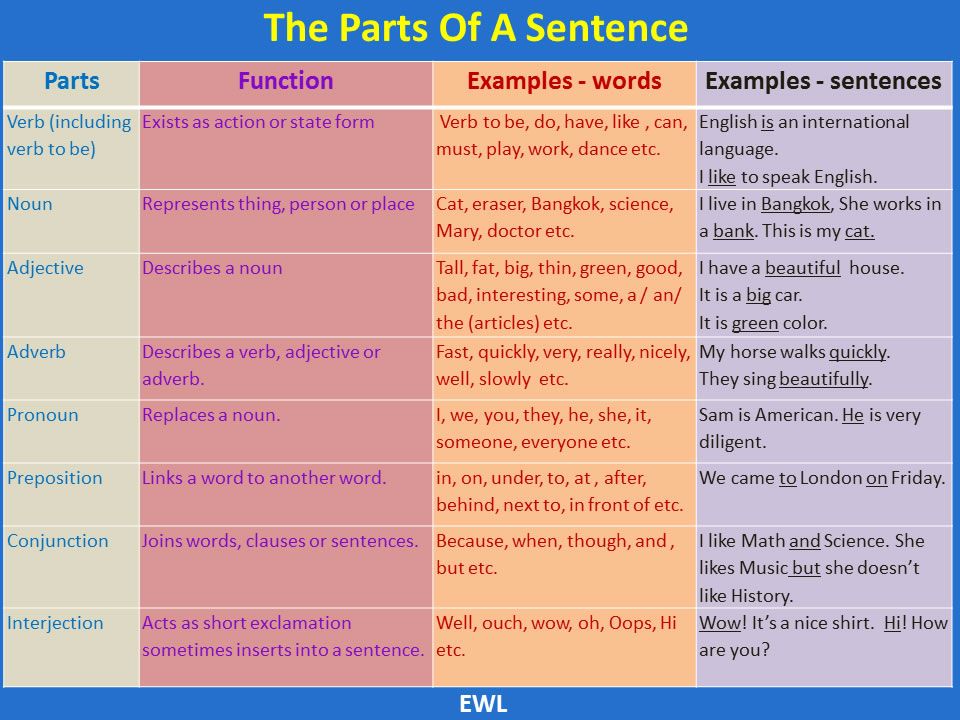
In addition, Resolution No. 2 of January 11, 2007 of the Plenum of the Supreme Court of the Russian Federation No. “On the practice of imposing criminal penalties by the courts of the Russian Federation” clarifies the provisions of the law on issues related to the execution of a sentence in terms of sentencing (paragraphs 38-40).
In particular, it is said that when executing a sentence in the presence of other unexecuted sentences (clause 10 of article 397 of the Code of Criminal Procedure), the court is guided not only by art. 70, but also part 5 of Art.
69 of the Criminal Code (sentencing on the basis of cumulative crimes), since the court may not know about the existence of a previous sentence even when the second sentence is imposed in connection with a crime that was committed before the first sentence was issued.
Non-attachment of the punishment for the previous sentence, which the court was aware of, to the punishment imposed for a new crime, is regarded as an incorrect application of the criminal law, entailing the annulment of the sentence.
Question 61. Methods and tactics of appealing against a sentence in a criminal case: rules for drawing up a cassation complaint.
First of all, it should be noted that from January 1, 2013, the law establishes a deadline for filing a cassation appeal - one year from the date of entry into the sentence in
Question 91. The concept and classification of obligations. Fulfillment of an obligation. Plurality of persons in the obligation. Change of persons in an obligation
Question 91. Concept and classification of obligations. Fulfillment of an obligation. Plurality of persons in the obligation. Change of persons in obligation.
The classification of obligations has several types, which at the same time do not have legal generality. As a rule, classification , bases).
The court decision is enforced after it enters into legal force, with the exception of cases of immediate execution, in the manner15 established by federal law (Article 210 of the Code of Civil Procedure).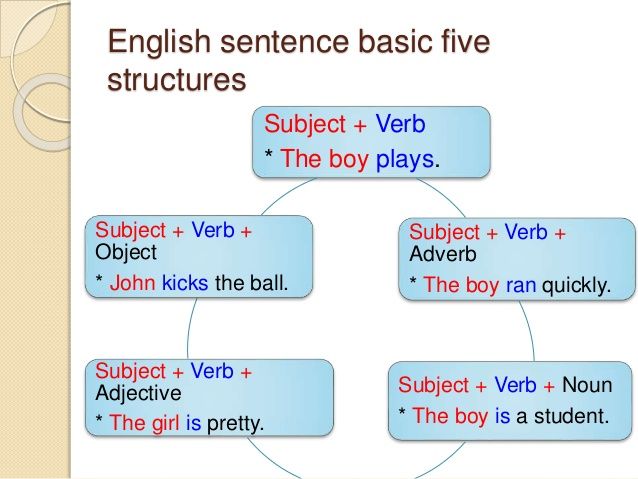 Immediate
Immediate
Question 224. General rules of enforcement proceedings. Participation of a lawyer at the stage of execution of a court decision. Protection of the rights of the recoverer, debtor and other persons
Question 224. General rules of enforcement proceedings. Participation of a lawyer at the stage of execution of a court decision. Protection of the rights of the recoverer, debtor and other persons.
General rules of enforcement proceedings. Persons participating in enforcement proceedings are (Article 48
Question 226. Civil procedural rights of foreigners and stateless persons. Execution of decisions and orders of foreign courts in civil proceedings
Question 226. Civil procedural rights of foreigners and stateless persons. Execution of decisions and orders of foreign courts in civil proceedings.
Foreign citizens, stateless persons, foreign organizations, international organizations (hereinafter referred to as foreign
Question 293.
 The concept, signs, types and rules for imposing punishments for multiple crimes. Recidivism of crimes. Aggregate of crimes. Aggregate of sentences
The concept, signs, types and rules for imposing punishments for multiple crimes. Recidivism of crimes. Aggregate of crimes. Aggregate of sentences Question 293. Concept, signs, types and rules of sentencing for multiple crimes Recidivism of crimes Aggregate of crimes Aggregate of sentences
Plurality of crimes is the commission of two or more crimes by the same person
Question 403. Types of sentences, grounds for their decision. Properties of a sentence and requirements for it
Question 403. Types of sentences, grounds for their decision. The properties of the sentence and the requirements for it.
Types of sentences, grounds for their decision. Sentence - a decision on the innocence or guilt of the defendant and the imposition of punishment on him or on his release
Question 404. Questions to be resolved by the court when passing a sentence. The structure and features of drawing up a verdict of not guilty and guilty
Question 404.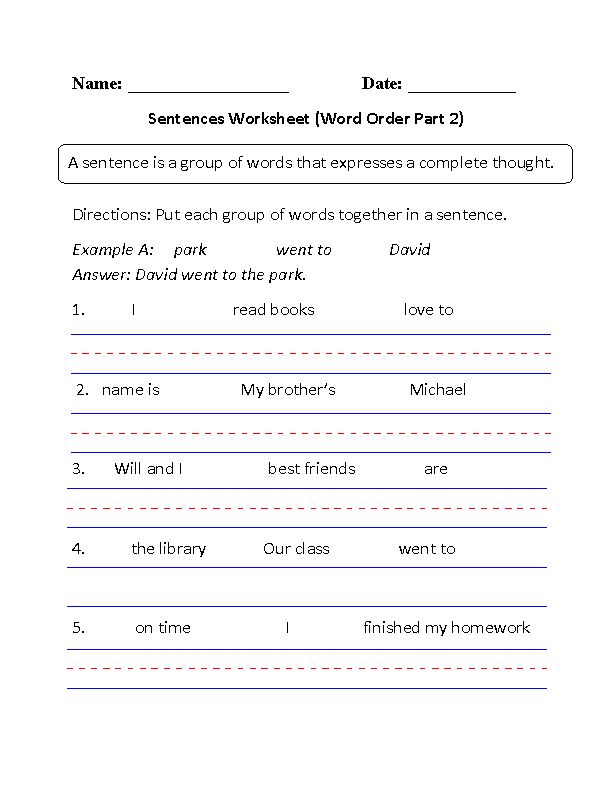 Issues resolved by the court when passing a verdict. The structure and features of the drafting of an acquittal and conviction.
Issues resolved by the court when passing a verdict. The structure and features of the drafting of an acquittal and conviction.
Issues to be resolved when passing a verdict can be conditionally divided into the following groups: 1) issues related to
Question 408. The verdict of the jury. procedural meaning. The procedure for issuing and proclaiming. Types of decisions taken by the presiding jury on the basis of a verdict. The order of the decision and the peculiarities of the presentation of the verdict in the jury
Question 408. Verdict of the jury. procedural meaning. The procedure for issuing and proclaiming. Types of decisions taken by the presiding jury on the basis of a verdict. The order of the decision and the peculiarities of the presentation of the sentence in court
Question 410. Proceedings in a criminal case before a justice of the peace. Review of sentences and decisions of the justice of the peace that have not entered into force: grounds, procedural order and types of decisions
Question 410.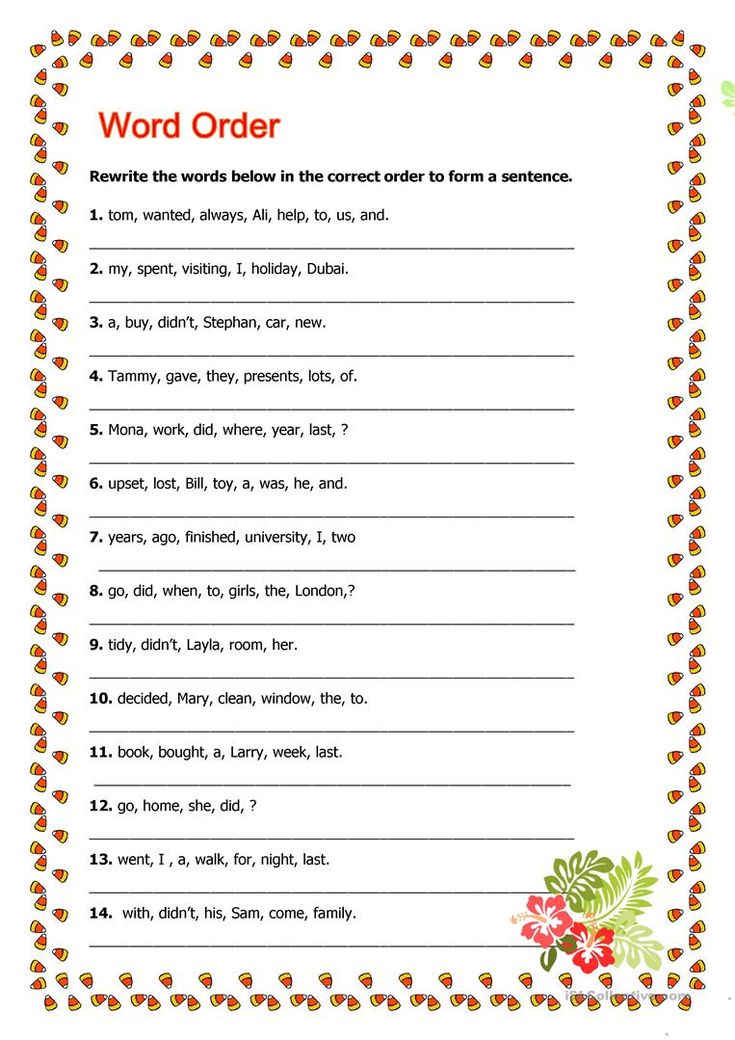 Criminal proceedings before the justice of the peace. Revision of sentences and decisions of the justice of the peace that have not entered into force: grounds, procedural order and types of decisions.
Criminal proceedings before the justice of the peace. Revision of sentences and decisions of the justice of the peace that have not entered into force: grounds, procedural order and types of decisions.
The justice of the peace considers criminal cases of private prosecution, which
Question 411. Grounds for the annulment and change of the sentence in cassation. Features of the grounds for the annulment and change of the sentence, decided by the jury or using a special procedure for the trial. The procedure for considering cases by the cassation instance and types of court decisions
Question 411. Grounds for the cancellation and change of the verdict in the cassation procedure. Features of the grounds for the annulment and change of the sentence, decided by the jury or using a special procedure for the trial. The procedure for considering cases of cassation
Question 412. Inadmissibility of deterioration of the convict's situation during the consideration of the case in the cassation instance.
 Cancellation of acquittal. Consideration of the case by the court of first instance after the annulment of the initial verdict
Cancellation of acquittal. Consideration of the case by the court of first instance after the annulment of the initial verdict Question 412. Inadmissibility of the worsening of the situation of the convict during the consideration of the case in the cassation instance. Cancellation of acquittal. Consideration of the case by the court of first instance after the annulment of the original sentence.
Degradation 9 not allowed0003
Question 417. The role (functions) of a lawyer at the stage of execution of the sentence
Question 417. The role (functions) of a lawyer at the stage of execution of the sentence.
Protection at the stage of execution of the sentence, as in all stages of the criminal process, is a criminal procedure activity to ensure the rights and legitimate interests of the participants in the process.
50. Execution of a sentence
50. Execution of a sentence
Execution of a sentence is an independent stage of the criminal process that completes the proceedings in a particular case. Its essence lies in the appeal to the execution of sentences, rulings, court decisions that have entered into legal force and resolution
Its essence lies in the appeal to the execution of sentences, rulings, court decisions that have entered into legal force and resolution
Section XIV. Execution of sentence
Section XIV. Execution of the sentence Chapter 46. Application for execution of sentences, rulings and resolutions Article 390. Entry into force of the sentence and its application for execution
1. The sentence of the court of first instance enters into legal force upon the expiration of its term
Section XIV. EXECUTION OF SENTENCE
Section XIV. ENFORCEMENT OF THE SENTENCE Chapter 460. Entry into force of the sentence and its appeal for execution
1. The sentence of the court of first instance enters into force upon expiration of its term
In Bashkiria, a military man was sentenced to five years for refusing to fight in Ukraine
Subscribe to our newsletter "Context": it will help you understand the events.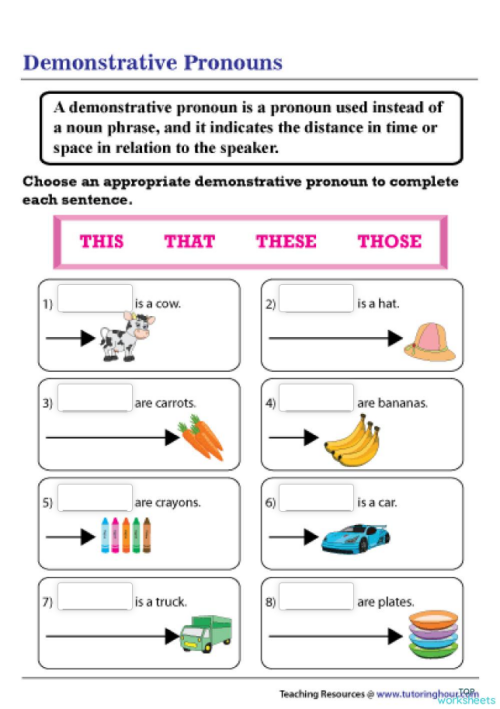
The author of the photo, EPA/TASS
The Ufa garrison military court sentenced 24-year-old corporal Marcel Kandarov to five years in prison for refusing to go to war in Ukraine. This is not the first sentence under the new norm of the Criminal Code of the Russian Federation, adopted last fall.
Kandarov was accused of evading military service for more than one month during the period of mobilization, follows from the press service of the courts of Bashkiria.
In May last year, the corporal, "not wanting to take part in a special military operation," did not appear at the place of service, set a court ("special military operation" Russian authorities still call the war against Ukraine). The soldier was detained in September.
The court found Kandarov guilty of committing a crime under Part 5 of Art. 337 of the Criminal Code of the Russian Federation, he was sentenced to five years in prison with serving in a penal colony.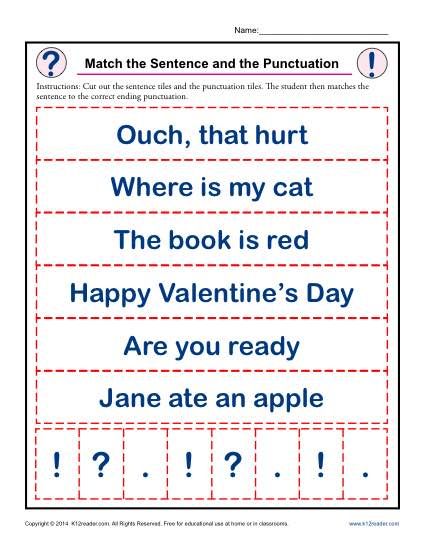 The verdict has not entered into force, that is, it can be appealed.
The verdict has not entered into force, that is, it can be appealed.
- "Mobilization" and "wartime" were introduced into the Criminal Code of Russia. What and who is at risk?
Not the first time
This is a new rule that was introduced into the Russian Criminal Code in September in a package of "military" amendments related to the invasion of Ukraine. The minimum term under the article is five years, the maximum is 10 years. 337 of the Criminal Code of the Russian Federation to 27-year-old contract serviceman Salavat Mirasov, accused of leaving his unit without permission during the period of mobilization.
Mirasov signed a two-year contract in January 2022 - that is, before the start of the war, and in July, "not wanting to participate in a special military operation", without a good reason, he did not return from vacation to his duty station in the city of Chebarkul, Kommersant wrote.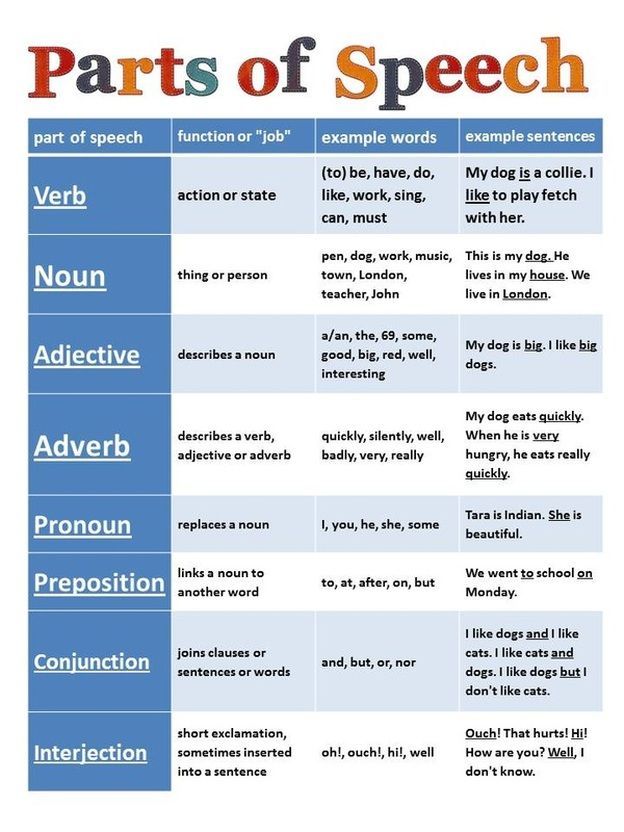 He pleaded guilty, repented and received a term less than the minimum stipulated by the Criminal Code. He was sentenced to three years in prison.
He pleaded guilty, repented and received a term less than the minimum stipulated by the Criminal Code. He was sentenced to three years in prison.
Mirasov was the first convicted in Bashkiria under this part of the article, they said in court. In the neighboring Chelyabinsk region, the first sentence under Part 5 of Art. 337 of the Criminal Code of the Russian Federation was passed in mid-December. Contractor Alexei Kirginekov, who left the unit in August and did not return to service in September, when mobilization was announced in Russia, received five years and one month in a general regime colony (that is, a little more than Corporal Kandarov in Ufa).
Another norm
In December, the BBC reported on a military man convicted in Kamchatka under another new norm - Part 2.1 of Art. 332 of the Criminal Code of the Russian Federation (failure to comply with the order of the chief during martial law, in wartime or in conditions of armed conflict).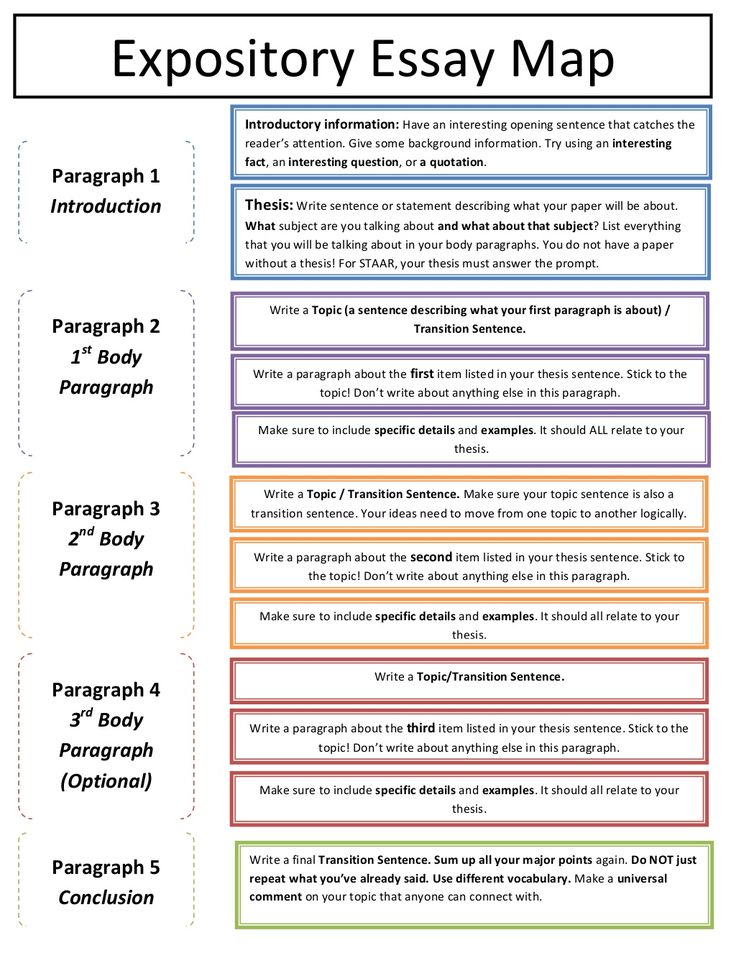
- In Kamchatka, a serviceman received a term for refusing to fight in Ukraine
- A mobilized man was sentenced to 5.5 years in prison for a conflict with an officer in Patriot Park
Skip the Podcast and continue reading.
Podcast
What was that?
We quickly, simply and clearly explain what happened, why it's important and what's next.
episodes
The End of History Podcast
This provision provides for less severe punishment - up to three years, and serviceman Aleksey Breusov received a year and eight months of imprisonment in a colony-settlement.
Under part 2.1 of article 332 of the Criminal Code of the Russian Federation, as Novaya Gazeta wrote, in October a case was opened against 27-year-old career officer Dmitry Vasilts, who, after participating in hostilities in Ukraine and on vacation, wrote a report refusing to go to the front again.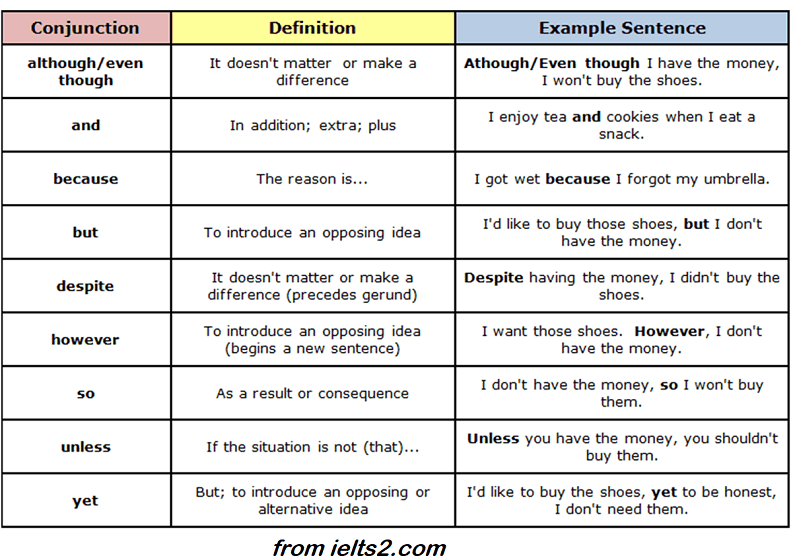
According to Part 4 of Art. 337 of the Criminal Code of the Russian Federation back in October, the garrison court in the Moscow region passed a sentence on 30-year-old sergeant Roman Kashtakov, who, having received a 10-day vacation in June, did not return to the field camp. The court gave him a suspended sentence, taking into account the presence of a "state award" and participation in hostilities in Ukraine. The Russian Defense Ministry reported on a gunner with the same name, who allegedly destroyed five enemy armored personnel carriers with one shot from an infantry fighting vehicle.
"Mediazona" (the publication was declared a "foreign agent" in Russia) studied the decisions of the Russian garrison military courts from January to early December 2022 and found out that during this time the courts received 948 cases of unauthorized abandonment of the unit. Against the background of the war, there were more cases than in 2021, a particularly noticeable increase began in the summer, the publication stated.